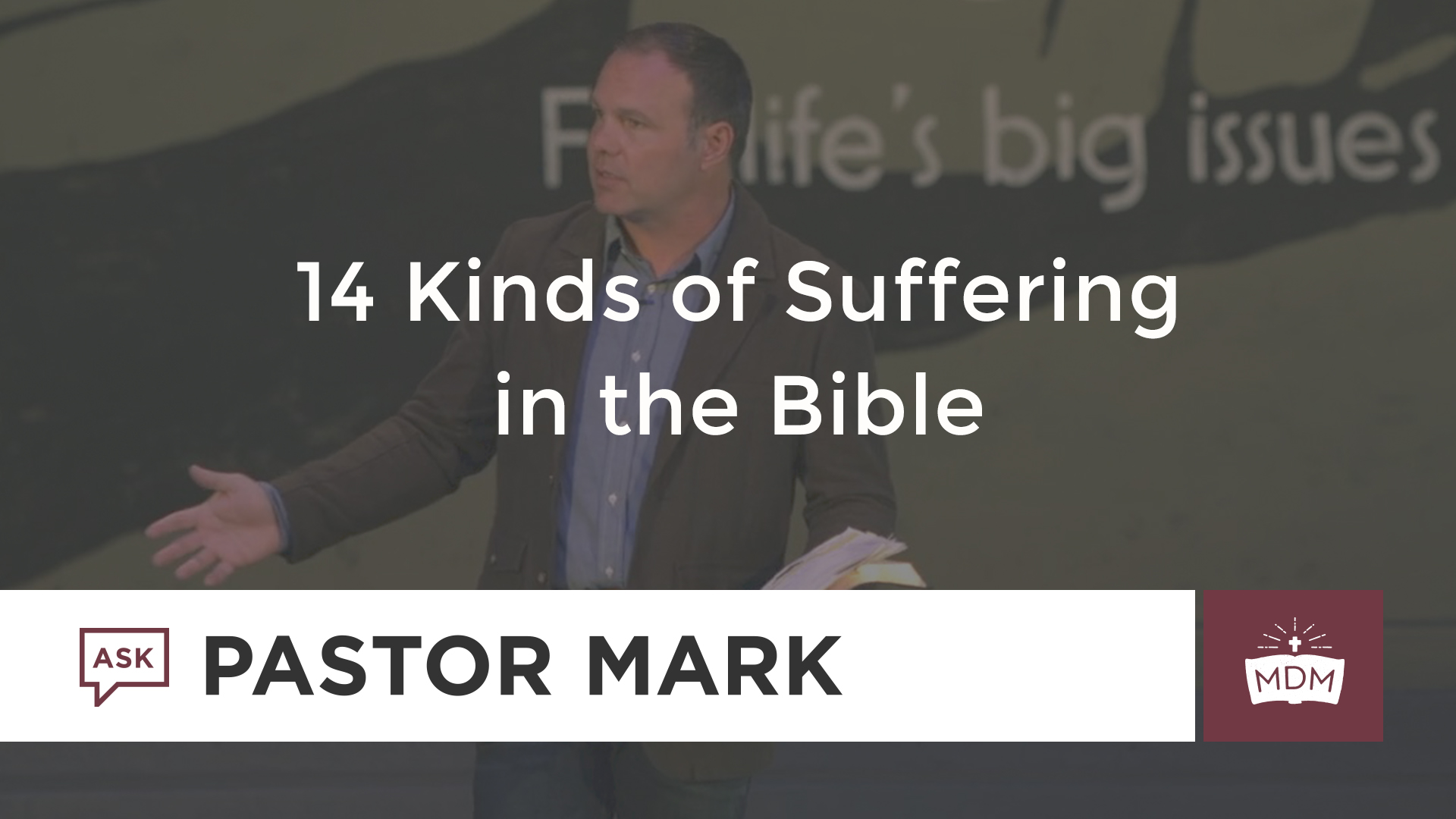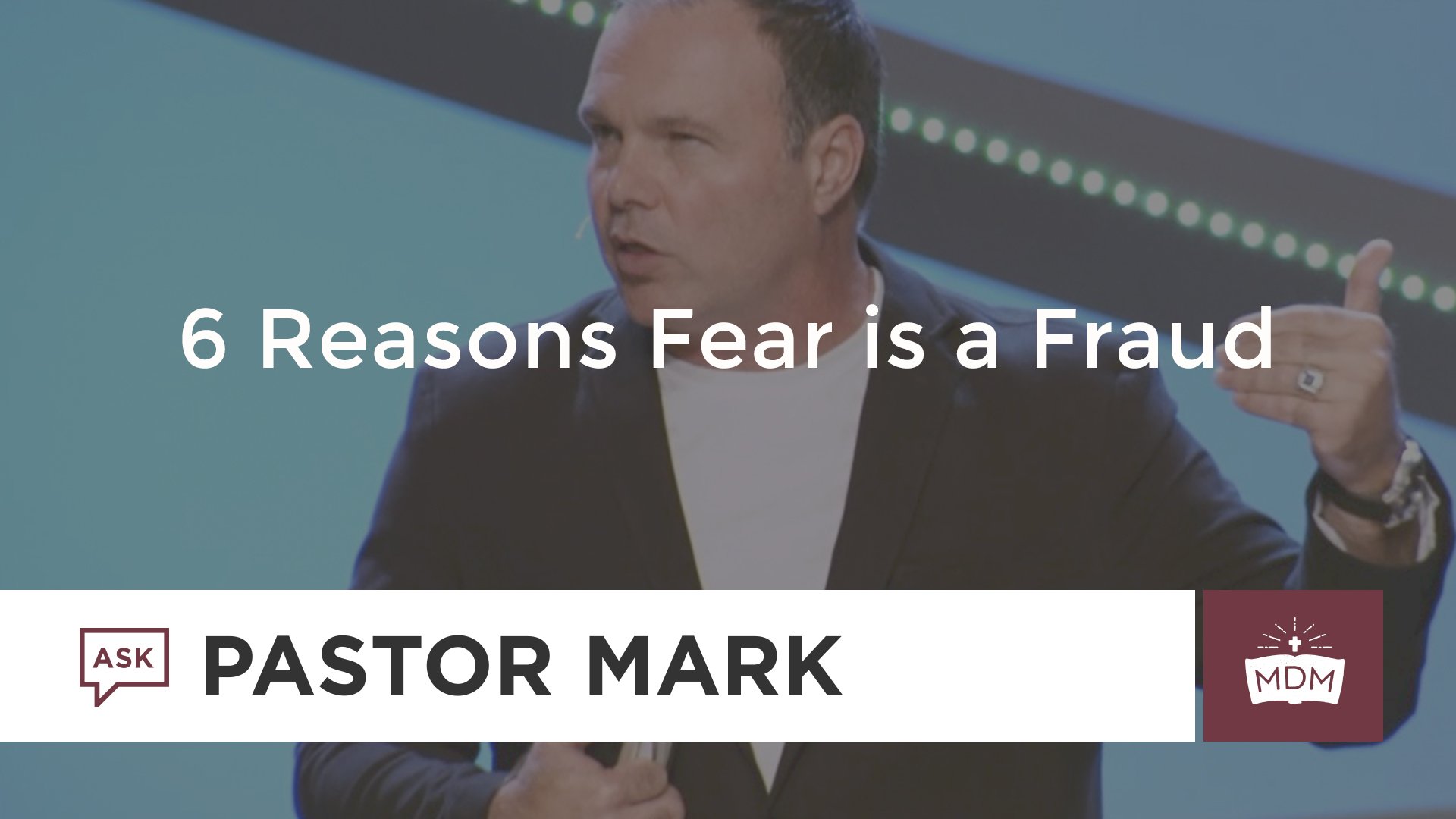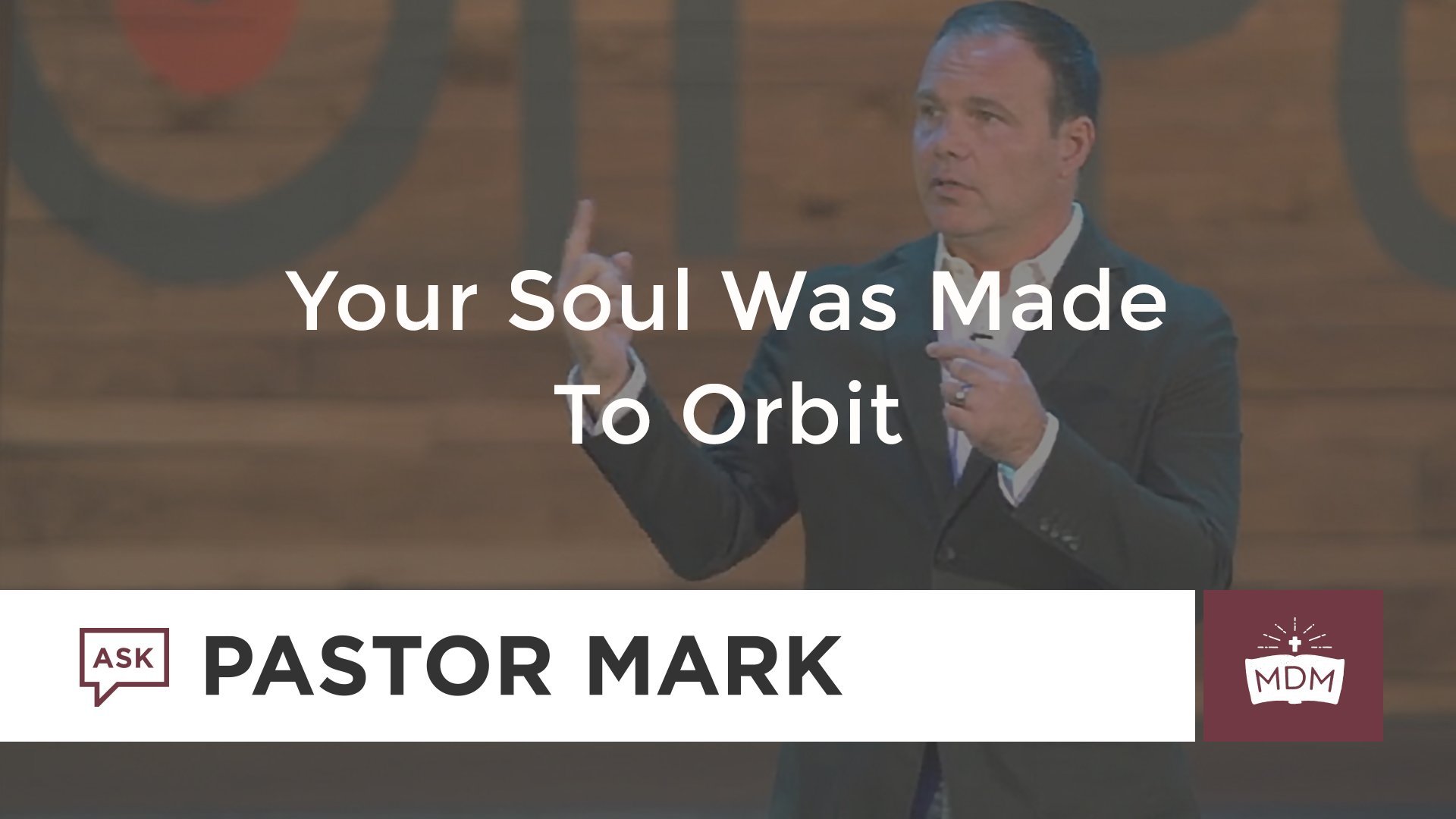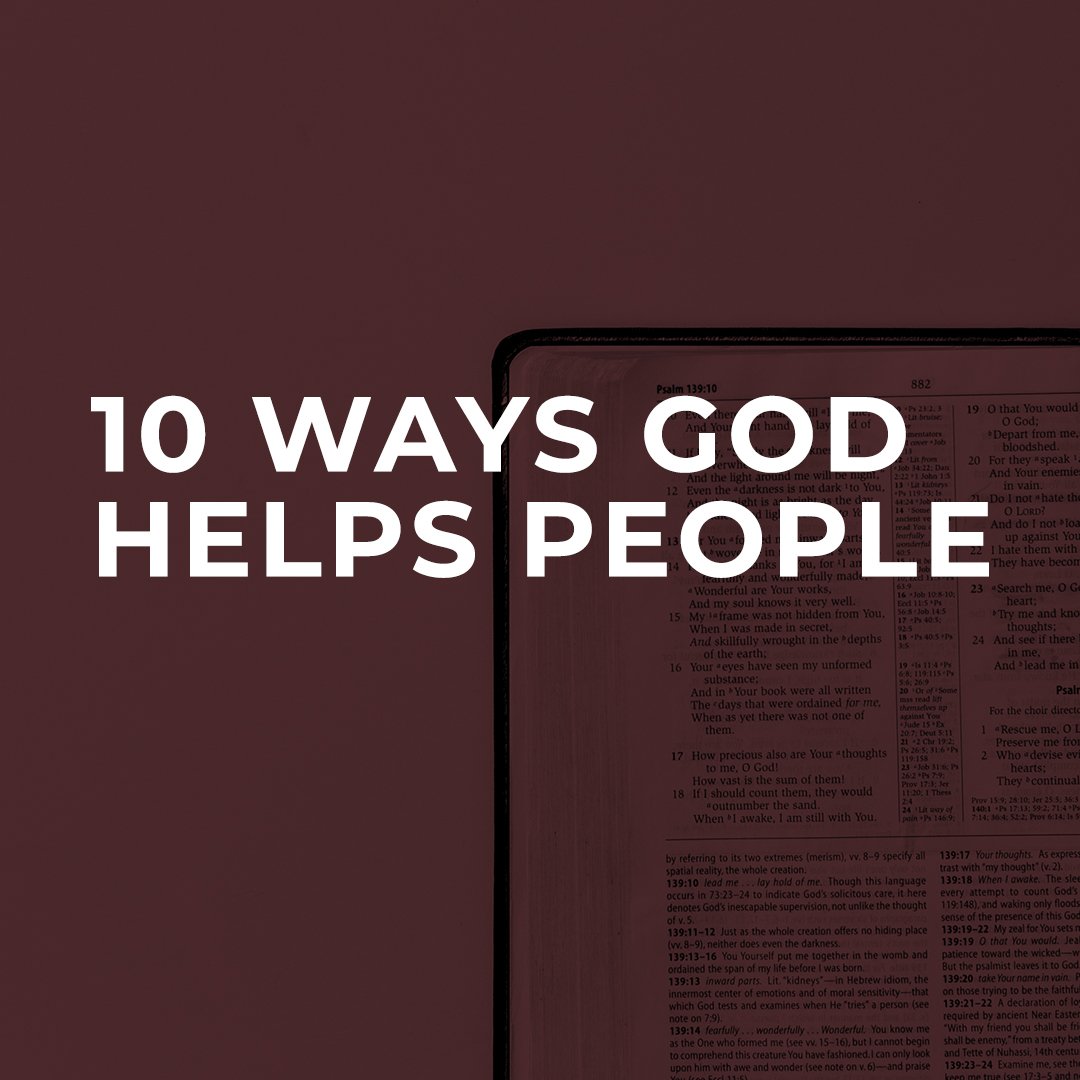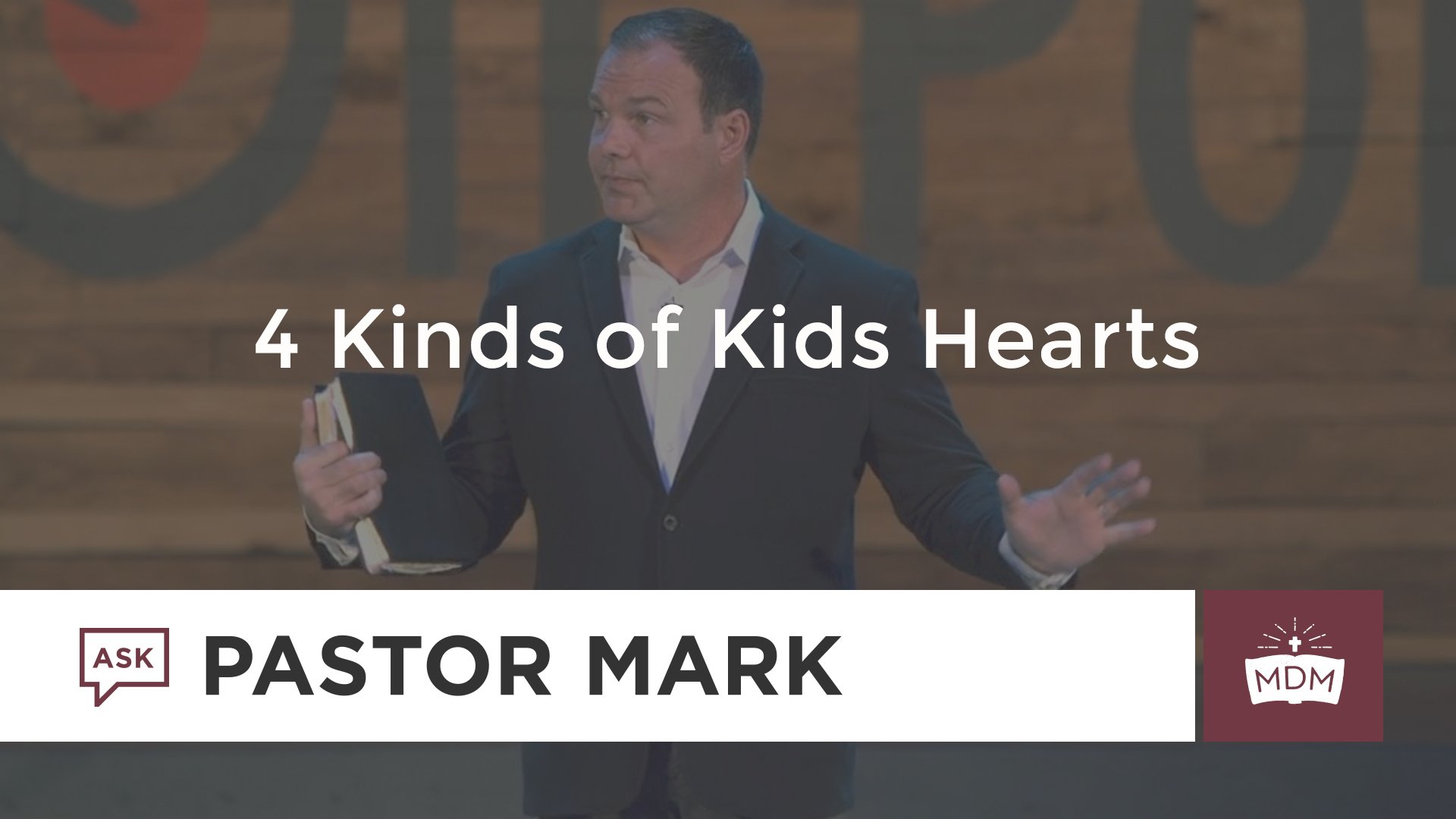God’s Word is so powerful that even one small phrase can be lit like a wick to set off a revolution that continues for generations. An example of this is found in an ancient book called Habakkuk: “The righteous shall live by his faith” (Habakkuk 2:4 ESV).
Romans 1:17 (ESV) quotes this line, saying, “For in it the righteousness of God is revealed from faith for faith, as it is written, ‘The righteous shall live by faith.’ ”
Galatians 3:11 (ESV) adds, “Now it is evident that no one is justified before God by the law, for ‘The righteous shall live by faith.’ ”
Roughly 2,000 years after God told Habakkuk that “the righteous shall live by his faith,” a monk named Martin Luther was struggling mightily with his salvation. Trained as an attorney, he found himself tormented by guilt, shame, and condemnation as he judged his life by God’s perfect and holy law. Upon the Holy Spirit revealing to him the true meaning of faith, he was saved from his own efforts to gain salvation by instead trusting in Jesus’ work for his his salvation. Luther explains,
Before those words broke upon my mind I hated God and was angry with him because, not content with frightening us sinners by the law and by the miseries of life, he still further increased our torture by the gospel. But when, by the Spirit of God, I understood those words – “The just shall live by faith!” “The just shall live by faith!” – then I felt born again like a new man; I entered through the open doors into the very Paradise of God.1
At the heart of Luther’s struggle was an issue that biblical scholars will refer to as justification. The question is simply this: How can a holy, righteous, and just God possibly declare unholy, unrighteous, and unjust sinners righteous in His eyes? At issue is one of the most important questions in world history: Who will God accept and reject, and why?
Some people struggle with the concept of hell. If you believe the Bible, hell makes perfect sense and heaven is a conundrum. Why would God send sinners to Paradise?
In our culture, we have cultural warriors who like to do “good” deeds to show that they are “good” people who are morally superior to those who do not believe what they believe or do what they do. They pursue righteousness by their own standards.
In religion, the pursuit of righteousness manifests itself in various human works: baptism, speaking in tongues, tithing, taking a vow of poverty or celibacy, suffering to pay back bad karma, or taking a holy pilgrimage. All of these are designed to pay God back and get out of the red.
The Bible teaches that unjust sinners can be declared just or righteous in God’s sight by being justified, or by obtaining justification (Romans 2:13, 3:20). This legal term appears some 222 times in various forms throughout the New Testament. Justification refers to a double transaction whereby God takes away our sinful unrighteousness through Jesus’ substitutionary death in our place and imputes to us the righteousness of Jesus Christ, thereby giving us positive righteousness (Romans 3:21–22, 4:4–6, 5:12–21,10:4; 1 Corinthians 1:30; 2 Corinthians 5:21; Philippians 3:8–9; 1 Peter 2:24, 3:18).
Scripture clearly states that we are justified by grace alone (Titus 3:7; Romans 4:2–5, 5:10–21), through faith alone (Habakkuk 2:4; Acts 13:39; Romans 5:1), because of Jesus Christ alone (Isaiah 53:11; Romans 5:16; Galatians 2:16–17), who justifies us by His death (Romans 5:9) and resurrection (Romans 4:25). In some instances, Paul even packs these great truths of justification by grace through faith in Christ alone into one compressed section of Scripture (Romans 3:23–28).
To obtain this great gift of justification by grace through faith we need simply to repent of our sin (1 John 1:9) and believe in Jesus Christ (Romans 10:10). Among the innumerable benefits God bestows on us upon justification are: forgiveness of all sins (Acts 13:38–39), peace with God (Romans 5:1), escape from God’s wrath and condemnation (Romans 5:9, 18; 8:1, 33–34), freedom from God’s law (Galatians 3:11, 24), ongoing sanctification (1 Thessalonians 5:23; 2 Thessalonians 2:13), Spirit-empowered enablement to do good works (James 2:24), and a final glorification (Romans 8:30).
Finally, perhaps the entirety of this incredible doctrine is illustrated most simply by Jesus’ parable, The Pharisee and the Tax Collector (Luke 18:9–14). Two guys stand before God. One brags about what a great guy he is but overlooks that he’s hell-bound. The other guy knows he’s a sinner, asks for mercy, and gets a first class ticket to the Kingdom. That’s how it works. Good people are bad. Therefore, it’s vital to know that you are a bad person who needs to trust the one and only good person: Jesus Christ.
Have you earnestly trusted the death of Jesus for your sins and the resurrection of Jesus for your salvation?
1. Boice, James Montgomery. The Minor Prophets: An Expositional Commentary (Grand Rapids, MI: Baker Books, 2002), 408–409.


